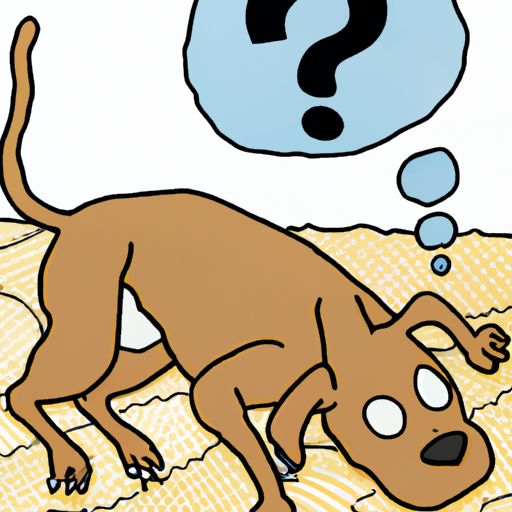Introduction
You’ve noticed your furry friend doing the ‘boot scoot boogie’ across your carpet – why is that? You might laugh it off as a peculiar dog quirk, but as a caring pet owner, it’s essential to understand the reasons behind such behavior.
1. Anal Gland Issues
Just beneath your dog’s tail, you’ll find the anal glands – two small pouches filled with a foul-smelling fluid. Dogs usually express this fluid when they defecate. However, if the glands become blocked or infected, it can cause discomfort leading to ‘butt-dragging’ behavior.
-
Blocked Anal Glands: The most common cause of scooting. When the glands aren’t expressed naturally through defecation, they can become blocked, leading to discomfort and even pain.
-
Infections and Abscesses: If bacteria enter the anal glands, infections can occur, causing pain, swelling, and possible abscesses.
-
Anal Gland Tumors: Although rare, tumors can develop in the anal glands, which can also lead to discomfort and scooting.
| Common Symptoms | Causes |
|---|---|
| Persistent scooting | Blocked Anal Glands |
| Swelling or redness around the anus | Infections and Abscesses |
| Difficulty defecating | Anal Gland Tumors |
2. Parasitic Infections
Parasites such as tapeworms or pinworms can cause itchiness around the dog’s rear, causing them to scoot on the floor. These parasites can be picked up from the environment, other animals, or even from fleas. Regular deworming and flea treatment are necessary to prevent infestations.
3. Allergies
Just like humans, dogs can have allergies too. Allergens in food or the environment can cause skin irritation, which might lead to scooting. Remember, every dog is unique, and what causes an allergic reaction in one dog might not affect another.
4. Rectal and Perianal Issues
Conditions such as perianal fistulas or rectal prolapse can cause severe discomfort and may lead your dog to drag their bottom on the floor. These conditions require immediate veterinary attention.
5. Irritation from Fecal Matter
Sometimes, the reason could be as simple as a piece of fecal matter stuck to your dog’s fur causing irritation. In such cases, a bath or a quick clean-up can solve the problem.
FAQs
- Q: How often should I have my dog’s anal glands checked?
-
A: Regular vet check-ups every 6-12 months should include an anal gland examination.
-
Q: Can I prevent my dog from scooting?
-
A: Regular vet visits, deworming, flea treatments, and a balanced diet can help prevent conditions that cause scooting.
-
Q: Should I be worried if my dog is scooting a lot?
-
A: Yes. Frequent scooting can indicate a serious problem and should be addressed by a vet.
-
Q: Can I express my dog’s anal glands at home?
- A: While it’s possible, it’s best done by a professional to avoid injury or infection.
Remember, as a caregiver, your dog’s health and comfort are your responsibility. Don’t ignore the ‘boot scoot boogie’ – it might be your dog’s way of telling you something’s wrong.



